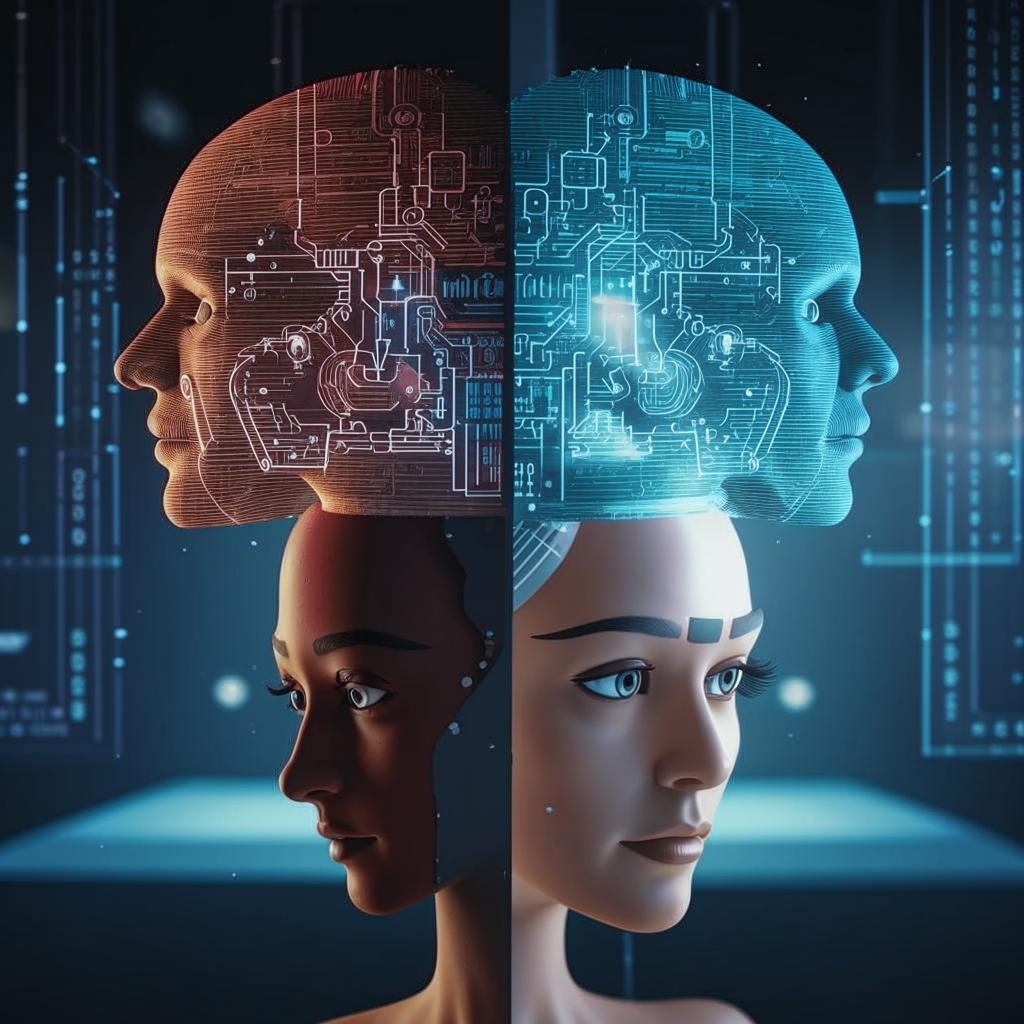Artificial intelligence is rapidly reshaping mental healthcare, providing unprecedented access and personalized treatments. AI-powered chatbots offer immediate support, particularly for those facing geographical or financial barriers to traditional therapy. These virtual assistants can provide coping strategies, mindfulness exercises, and a listening ear, acting as a first line of support.
Machine learning algorithms are also playing a crucial role, analyzing patient data to predict mental health risks. This proactive approach allows for earlier intervention and the development of tailored treatment plans. AI can identify patterns and predict potential crises, enabling healthcare providers to offer timely support.
Furthermore, AI is accelerating the development of new and more effective therapies for conditions like depression, anxiety, and PTSD. By analyzing vast datasets of patient information, researchers can identify novel targets for drug development and optimize existing treatment protocols.
However, the integration of AI in mental healthcare raises ethical considerations. Data privacy, algorithmic bias, and the potential for over-reliance on technology are significant concerns. It is crucial to ensure that AI systems are fair, transparent, and do not perpetuate existing inequalities. The human element of care should not be diminished; AI should augment, not replace, the empathy and understanding provided by human therapists.
The FDA is beginning to explore regulatory frameworks to ensure responsible AI development. Building patient trust through transparency and data security is critical for widespread adoption. As AI continues to evolve, a balanced approach that prioritizes both innovation and ethical considerations will be essential to harnessing its full potential for improving mental health outcomes. Finishtit















